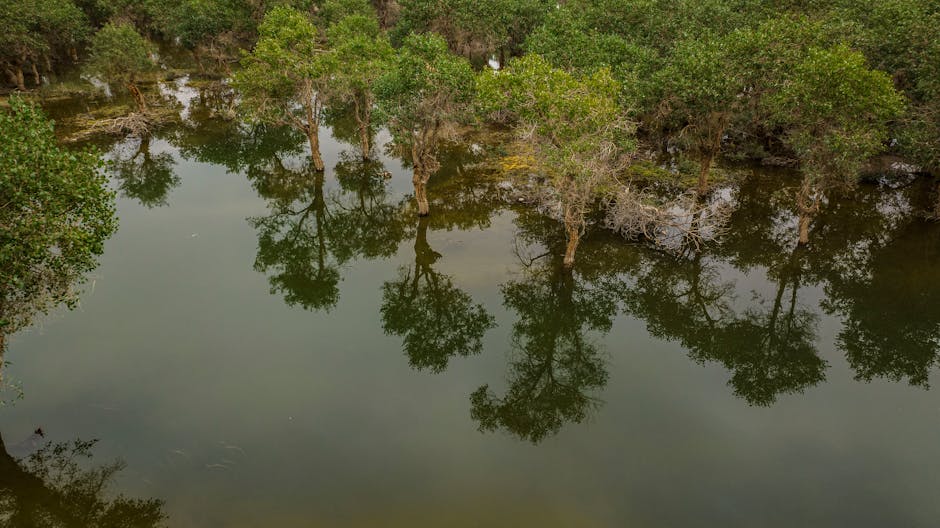Rajasthan’s Lithium Discovery: A Game-Changer for India
In a groundbreaking development, Rajasthan has uncovered a massive lithium reserve estimated at 14 million tonnes in the Degana region of Nagaur district. This discovery, one of the largest globally, could significantly reduce India’s reliance on China for lithium, a critical mineral essential for electric vehicle (EV) batteries, smartphones, and renewable energy storage systems. The find is a result of extensive geological surveys by the Geological Survey of India (GSI) and Rajasthan’s mining department.
Boosting India’s Clean Energy Transition
Lithium, often called “white gold,” is central to the global shift toward clean energy. Its high energy density makes it vital for lithium-ion batteries, which power EVs and grid-scale energy storage. Until now, India has depended heavily on imports, with China controlling over 60% of the global lithium supply chain. This dependency has been costly and strategically risky amid ongoing geopolitical tensions.
The Rajasthan reserve could change this narrative. With 14 million tonnes of lithium, India could meet a significant portion of its domestic demand, reducing import costs and enhancing energy security. This aligns with the Indian government’s initiatives, such as the Production Linked Incentive (PLI) scheme for advanced chemistry cell (ACC) battery manufacturing, aimed at fostering a self-reliant EV ecosystem.
Economic and Environmental Benefits
Rajasthan, already mineral-rich, is set to become a hub for lithium mining and processing, attracting investments and creating thousands of jobs. The state government plans to auction mining licenses to private players, ensuring transparency and efficiency.
Environmentally, this discovery is a win. By reducing the carbon footprint of importing lithium, India can make its clean energy transition more sustainable. A domestic lithium supply chain will also encourage EV adoption, cutting air pollution and greenhouse gas emissions.
Challenges and Opportunities
While the discovery is monumental, challenges remain. Lithium extraction is resource-intensive and often linked to environmental concerns like water depletion and soil contamination. The Rajasthan government has pledged sustainable mining practices and strict environmental compliance.
Developing infrastructure for lithium processing and battery manufacturing is another hurdle. India must invest in R&D and collaborate with global leaders in battery technology to fully harness this reserve.
Geopolitical Impact
The discovery strengthens India’s position in the global supply chain and reduces its dependence on China. It could also position India as a key player in the global lithium market, enabling exports of surplus lithium and battery components.
This development could accelerate India’s participation in international initiatives like the Minerals Security Partnership (MSP), fostering strategic alliances with like-minded nations.
The Path Forward
The Rajasthan lithium reserve highlights India’s untapped mineral wealth and its potential to drive the nation’s clean energy future. Realizing this potential requires coordinated efforts from the government, private sector, and scientific community. Sustainable practices, technological innovation, and strategic partnerships will be crucial.
This discovery marks a defining moment in India’s journey toward energy independence and global leadership in the clean energy revolution. The future isn’t just electric—it’s distinctly Indian.




